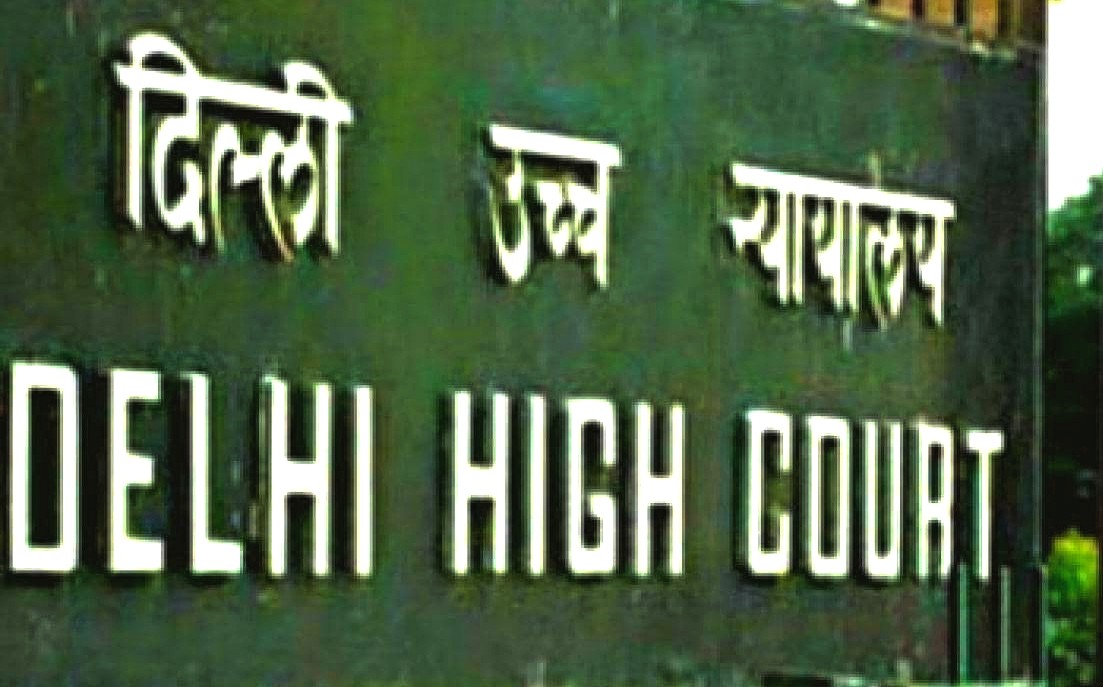There is no remedy of appeal against order of State Election Commission or Collector u/s 14B(1) of Maharashtra Village Panchayats Act, to drop proceedings for disqualification of Sarpanch: SC

Read Judgment: Shobhabai Narayan Shinde vs. The Divisional Commissioner, Nashik Division, Nashik & Ors.
Pankaj Bajpai
New Delhi, January 5, 2022: The Supreme Court has opined that no remedy of appeal is envisaged against an order of the State Election Commission or its delegatee – the Collector, u/s 14B(1) of the Maharashtra Village Panchayats Act, 1959, rejecting the complaint or to drop the proceedings for declaration of a Sarpanch/Member having incurred disqualification.
Such order passed by the Collector as the delegatee, is deemed to have been passed by the State Election Commission itself, and even the State Election Commission cannot step in thereafter in any manner much less in the guise of reconsideration or review of such order, added the Court.
A Division Bench of Justice A.M. Khanwilkar and Justice C.T. Ravikumar observed that for the nature of power exercised by the State Election Commission u/s 14B, no remedy of appeal is envisioned by the Maharashtra Village Panchayats Act.
Going by the background of the case, Shobhabai Narayan Shinde (Appellants) contested elections held in September, 2018 for electing a new Panchayat. Thereafter, he was directly elected as a Sarpanch of Village Panchayat, Kusumba, in the State of Maharashtra, from public, whereas, he was elected as a member of the same Village Panchayat. Aggrieved by the same, the second Respondent filed two Dispute Applications in the office of fifth Respondent (Collector), seeking declaration u/s 14B(1) of the Maharashtra Village Panchayats Act, 1959, that the appellants stood disqualified for not submitting the election expenses within the stipulated time.
The Collector, however, rejected both the Dispute Applications. On appeal, the Divisional Commissioner, Nasik, declared the appellants as disqualified and ineligible to remain as Gram Panchayat Sarpanch/Member. When the matter reached High Court, it affirmed the order of disqualification passed by the Divisional Commissioner against the appellants.
After considering the submissions, the Apex Court noted that the power of State Election Commission u/s 14B(1) to declare that the Sarpanch/Member of a Panchayat as disqualified, is to be exercised by the Collector and not the Divisional Commissioner.
Similarly, the Divisional Commissioner can exercise power only in respect of matters specified in Section 14B(2) to remove the disqualification incurred under subSection (1) or reduce the period of such disqualification, added the Court.
In either case, the Top Court is of the opinion that the power to decide concerned issues is that of the State Election Commission, which thenceforth could be exercised by its concerned delegatee in respect of matters specified in the stated order.
Speaking for the Bench, Justice Khanwilkar noted that a limited window against the order u/s 14B(1) passed by the Collector declaring the Sarpanch/Member of a Panchayat as disqualified, is kept open before the Divisional Commissioner to remove such disqualification or to reduce the period thereof in deserving cases.
“Section 16 is a provision which speaks about the disability from continuing as the member of a Panchayat, consequent to incurring disqualification or has been so declared u/s 14 of the Act. Once a Sarpanch/Member is disqualified u/s 14B by virtue of an order u/s 14B(1), it would give rise to two situations – the first is that the person concerned can invoke option u/s 14B(2) for removal of his disqualification or for reduction of the period of such disqualification. The second is the obligation fastened upon the Collector to decide the issue as to whether vacancy has occurred on account of such disqualification”, observed the Bench.
Justice Khanwilkar therefore noted that once it is held that the Divisional Commissioner had no jurisdiction to entertain the appeal against the order of the Collector u/s 14B(1) rejecting the complaint filed by the 2nd Respondent, no other issue needed examination by the High Court at his instance.
Hence, the Apex Court quashed the orders passed by the Divisional Commissioner.
Sign up for our weekly newsletter to stay up to date on our product, events featured blog, special offer and all of the exciting things that take place here at Legitquest.




Add a Comment